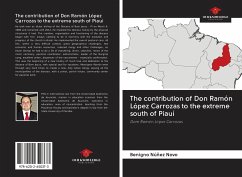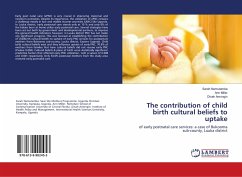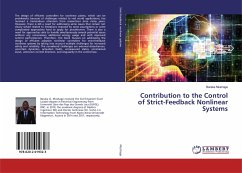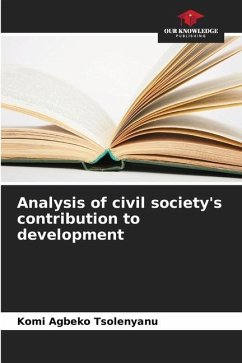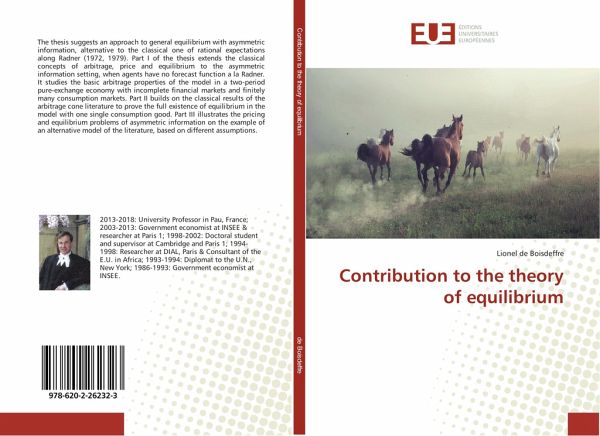
Contribution to the theory of equilibrium
Versandkostenfrei!
Versandfertig in 6-10 Tagen
36,99 €
inkl. MwSt.

PAYBACK Punkte
18 °P sammeln!
The thesis suggests an approach to general equilibrium with asymmetric information, alternative to the classical one of rational expectations along Radner (1972, 1979). Part I of the thesis extends the classical concepts of arbitrage, price and equilibrium to the asymmetric information setting, when agents have no forecast function a la Radner. It studies the basic arbitrage properties of the model in a two-period pure-exchange economy with incomplete financial markets and finitely many consumption markets. Part II builds on the classical results of the arbitrage cone literature to prove the f...
The thesis suggests an approach to general equilibrium with asymmetric information, alternative to the classical one of rational expectations along Radner (1972, 1979). Part I of the thesis extends the classical concepts of arbitrage, price and equilibrium to the asymmetric information setting, when agents have no forecast function a la Radner. It studies the basic arbitrage properties of the model in a two-period pure-exchange economy with incomplete financial markets and finitely many consumption markets. Part II builds on the classical results of the arbitrage cone literature to prove the full existence of equilibrium in the model with one single consumption good. Part III illustrates the pricing and equilibrium problems of asymmetric information on the example of an alternative model of the literature, based on different assumptions.




